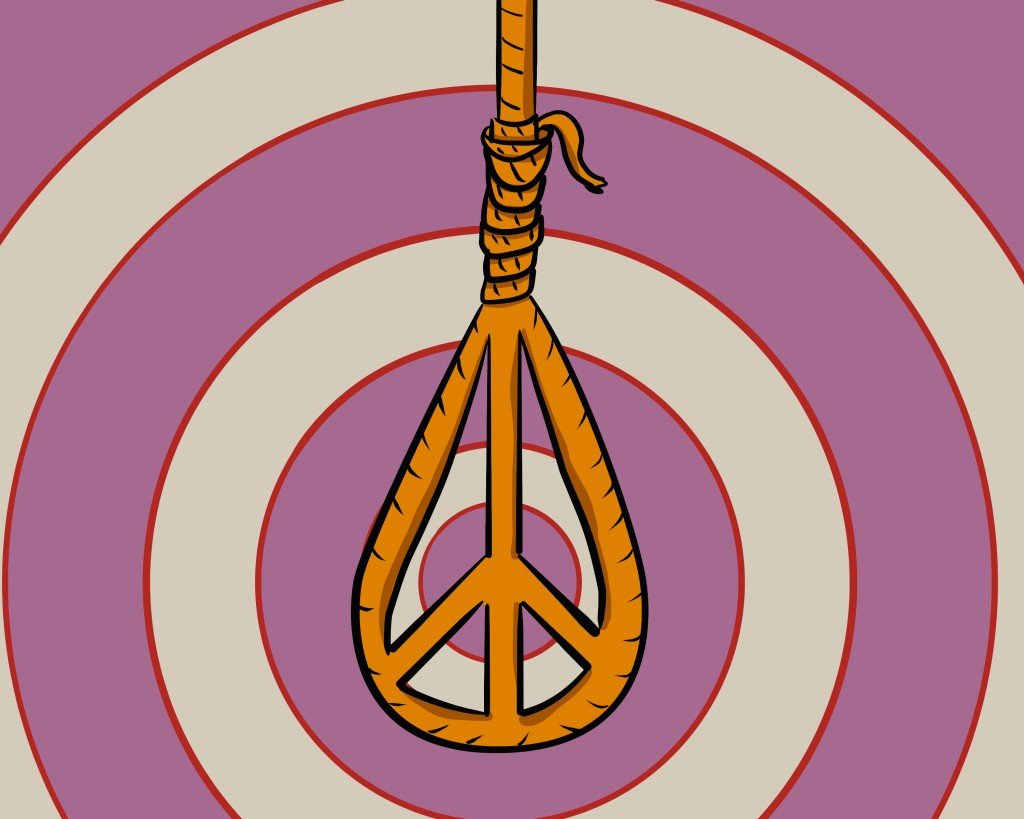
House of Commons free votes 131-124, approves controversial Bill C-84
By Mercedes Deutscher, News Editor
A controversial and historical bill has been passed by the House of Commons on July 14 in a free vote, with 131 members of Parliament voting in favour of abolishing the death penalty in Canada—narrowly passing the bill against 124 votes in opposition.
Both Liberal and Conservative MPs were quite divided by the issue, as 37 Liberal MPs voted to keep the penalty and 16 Conservatives voted to abolish it. The NDP voted in solidarity, opposing the continuation of capital punishment. All three of the party leaders voted to abolish the penalty.
There have been attempts to abolish the death penalty from as early as 1914. In the 1950s, a movement began to abolish capital punishment for youth offenders.
The last time the House of Commons attempted to abolish the death penalty was in 1966; however, the bill was defeated. As a compromise, all death sentences were converted to non-capital punishments for five years, a step which would be temporarily renewed for another five years in 1972.
“Those who vote against the bill cannot escape their personal share of responsibility for the hangings that will take place if the bill is defeated,” argued Prime Minister Pierre Trudeau in a speech within the House of Commons, according to CBC.
“Well, I’m pleased, but it’s not something to celebrate because there’s a lot to be done in preventing crime,” said cabinet member, Warren Allmand, to CBC after the vote had taken place. “The principal goal is to prevent and reduce crime and that’s still got to be done.”
However, the passing of the bill will not spell the end of controversies surrounding the death penalty in Canada, as Conservative MP John Reynolds explained: “It wasn’t a free vote! You’ve got cabinet ministers… they’re bound by cabinet rule to vote with the government … When it’s that close, and when you’re looking at less than 50 per cent of the members of the House of Commons… [and] pass a law that 80 per cent of the people are against, I think you’re asking for trouble.”
In place of capital punishment, adults who are convicted of first-degree murder will face a maximum sentence of a lifetime in prison with no possibility of parole for 25 years.
The last Canadians to have been executed were Ronald Turpin and Arthur Lucas. They were hanged on December 11, 1962, having been sentenced to death for killing police officers.


